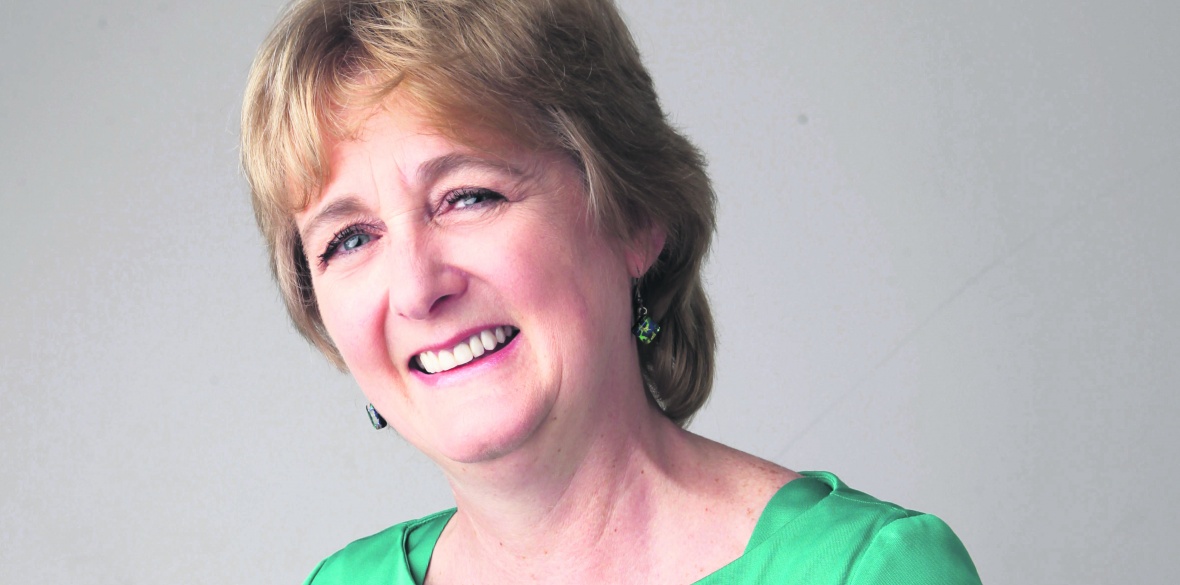This is the last article you can read this month
You can read more article this month
You can read more articles this month
Sorry your limit is up for this month
Reset on:
Please help support the Morning Star by subscribing here
EQUITY members from all over the country are gathering in London to take part in our Annual Representative Conference.
As ever, we have a packed agenda examining the industrial priorities for our members working in theatre, television, live entertainment, film and the wider creative industries.
Backstage conditions, improving dignity and respect at work, improving working-class access to creative professions, Brexit, freedom of movement and threats to the availability of stage lighting equipment are just some of the issues which will be debated by our members who work in a huge range of roles including as actors, directors, designers, choreographers, singers, dancers, stage managers, audio performers, circus artists, entertainers and models.
In the months ahead we will be looking to improve our collective agreements in the West End and subsidised theatre sectors and we have embarked on an ambitious organising project in the video games industry where we hope to raise standards for people working in a range of creative roles which contribute to the success of many well-known titles.
In recent years we have been making great strides towards increasing fairness in the entertainment industry, and we are seeing real progress in many areas of our work on equalities.
This year, our demands on equalities are set to expand further — our LGBT+ committee is calling on the union to provide employers, commissioners and casting directors with insights on spectrum identities and the lived experience of trans people.
We will also discuss how we can take action to tackle the prejudice and discrimination faced by these members.
Elsewhere, Equity’s deaf and disabled members’ committee will be asking us to challenge employers and casting professionals to justify the practice of engaging non-disabled performers in roles portraying D/deaf and disabled characters on stage and screen, we will consider increasing specialised pastoral care to BAME student actors in drama and our Essex branch will be raising concerns about the sexualisation and objectification of women in music videos and in their associated staging in live settings.
These motions and others which will be debated over the two days of conference are reflective of a modern, changing union, seeking to make working in the arts and creative industries accessible, safer and more inclusive.
The pursuit of equality has been a key demand of our lay members and none more so than our outgoing president Malcolm Sinclair.
Malcolm’s determination to bring more BAME members into our union and his efforts to make all of our democratic structures more diverse has been as tireless as it has been successful.
Malcolm expresses his passion for his union and our potential to make change articulately, intelligently and in a way that is both compelling to members and earns the respect of employers and many other stakeholders in the industry. I will miss his support and insight very much indeed.
As we say goodbye to Malcolm we wholeheartedly congratulate our incoming president Maureen Beattie — the union’s second female president and the first since Beatrix Lehmann in 1946.
Maureen will be known to many for her leadership in investigating and uncovering solutions to eliminate sexual harassment and bullying from our workplaces, casting and audition spaces in the wake of the Harvey Weinstein revelations last year.
Maureen initiated and led a body of work alongside Equity’s sexual harassment working group and we are now implementing the recommendations of the Agenda for Change report, most notably through our Safe Spaces campaign which is being rolled out across the industry.
Maureen’s ambition is to “create an industry which is 100 per cent inclusive, an industry where no matter your individual characteristics or your caring responsibilities you have as good a chance of landing that job — whatever it may be — as anyone else. That's the dream. The time has come for the employers and engagers in our industry to acknowledge and honour the connection between the £92 billion brought into the UK last year by the creative economy and the people whose work brings in such riches.”
I could not agree more and am very much looking forward to working with Maureen and our soon to be elected council from July.
Christine Payne is general secretary of Equity.











